Over the past years, China has made "a great leap forward" in protecting all Chinese people's economic, social and cultural rights "in a coordinated manner," said Chen Xu, China's permanent representative to the United Nations Office at Geneva, on Thursday.
While briefing the media on the country's human rights development following a two-day review of its report on the implementation of the International Covenant on Economic, Social and Cultural Rights (ICESCR), Chen said China follows a people-centered development philosophy, strives to meet the people's aspirations for a better life, and keeps promoting economic and social development to improve the people's welfare.
The ICESCR belongs to the International Bill of Human Rights and stands as a core international human rights instrument of the United Nations. China ratified this Covenant in March 2001 and was reviewed by the Committee twice before, consecutively in April 2005 and May 2014.
Submitted in December 2019, this third periodic report was a comprehensive reflection of China's policies, practices and achievements in promoting and protecting economic, social and cultural rights since the last review in 2014, Chen said.
In order to demonstrate a full picture of how China is implementing the Covenant, the country's Ministry of Foreign Affairs formed an inter-department working group with legislative, judicial and administrative departments and the report was drafted carefully. The Chinese government has extensively consulted NGOs, academic research institutions and the public, to show openness, transparency and a responsible attitude.
In addition, the Chinese government submitted detailed replies to the Committee's List of Issues on time in March 2022, according to Chen.
The Chinese government has acted by the spirit of the UN Charter and the Universal Declaration of Human Rights, proactively shouldered the international legal obligation of human rights protection, earnestly applied the universality of human rights in the Chinese context, and upheld the right to subsistence and the right to development as the foremost basic human rights, Chen said.
"China has blazed a path of human rights development that is consistent with the trend of the times and carries distinct Chinese features, thus making major contribution to human rights progress in China and the international human rights cause," Chen told reporters.
He stressed that China has made constant efforts to optimize the overall planning of the promotion and protection of economic, social and cultural rights.
First of all, China has issued dozens of policy papers covering specific areas of economic, social and cultural rights, including on development-driven poverty alleviation in rural areas and education reform, he said, adding that the country has released two consecutive National Human Rights Action Plans followed by earnest efforts on implementation and evaluation.
Second, China has made further progress to protect the rights to subsistence and development, Chen said. Apart from keeping its GDP as the world's second largest, the country has won the biggest battle against poverty in human history as scheduled, meeting the poverty eradication goal of the UN 2030 Agenda for Sustainable Development 10 years ahead of schedule.
Third, China has implemented a people-centered development strategy and secured and improved the people's well-being in the process, he said. "As a major country with a population of more than 1.4 billion, China has overcome the impact of the pandemic and achieved a relatively full employment. China has also put in place the biggest social security system in the world."
Fourth, the Chinese people's right to health has been more adequately protected, Chen said. The average life expectancy has increased to 78.2 years over the past decade, and China has built a national basic medical insurance covering over 1.36 billion people.
Fifth, guided by the belief that pristine waters and lush mountains are invaluable assets, China has brought significant improvement to its ecological environment, he added. In the past decade, China's carbon dioxide emissions per unit of the GDP decreased by 34.4 percent nationwide and the share of coal in the total energy consumption was down from 68.5 percent to 56 percent.
Sixth, the ambassador also stressed China's effective efforts in protecting the rights to education and culture. In a historic achievement of universal education, compulsory education is now fully free in both urban and rural areas, and moves are under way to deliver on universal higher education. A modem system of public cultural services is gradually taking shape.
Seventh, China has enhanced the protection of the rights and interests of groups in vulnerable situations, including ethnic minorities, women and children, persons with disabilities and the elderly, Chen said.
"China is recognized by the WHO as one of the 10 fast-track countries in women and children's health, and more than 95 percent of children with disabilities are enrolled in the compulsory education system. More than 90 percent of the people aged over 60 have access to elderly care services provided either at home or at community-based centers," he said.
Eighth, China has actively promoted international cooperation in economic, social and cultural rights, Chen said, adding that China has in total provided development aid to 166 countries and international organizations and dispatched more than 600,000 personnels to that end.
Representatives from the governments of Hong Kong and Macao SARs also introduced their respective efforts and progress in promoting economic growth, improving people's welfare and developing culture. They said they will continue to make good use of the central government's support and development opportunities, so as to make further strides within the framework of One Country, Two Systems.
Over the past two days, Chen said the Chinese delegation carried out constructive dialogues with members of the Committee in an open and candid manner. "We tried our best to present, in a comprehensive and in-depth way, the progress made in promoting and protecting economic, social and cultural rights" and "we also talked our plans to move forward," he said.
The Chinese delegation answered the questions raised by members of the Committee one by one carefully, introducing not only the efforts made by the Chinese government but also the difficulties and challenges ahead.
The endeavor of the Chinese people to realize the Chinese Dream of the great rejuvenation of the Chinese nation is in nature the endeavor to realize social equity and justice as well as to constantly advance the cause of human rights, Chen said. "China welcomes positive remarks made on its implementation of the Covenant, and stands ready to accept the specific comments on certain topics."
The promotion and protection of human rights is an ongoing journey, he added. "China will carefully study the constructive advice on relevant topics, and is willing to translate helpful ideas into policies and measures that are in line with its national realities."
As China enters a cycle of intensive reviews of international human rights treaties, "we will continue to participate in implementation reviews in a sincere, cooperative and responsible spirit, maintain communication and dialogue with all human rights treaty bodies, proactively participate in the international human rights governance, and keep carrying out cooperation with relevant parties, so as to make further contribution to enhancing the diversity of human civilization and advancing the human rights cause of the world," Chen said.
China has sent a high-level delegation to the review, consisting of representatives from the Ministry of Foreign Affairs, the United Front Work Department of the CPC Central Committee, the Supreme People's Court, the Ministry of Education, the National Ethnic Affairs Commission, the Ministry of Public Security, the Ministry of Civil Affairs, the Ministry of Culture and Tourism, the Ministry of Human Resources and Social Security.
Representatives of the delegation are also from the National Health Commission, the National Religious Affairs Administration, the National Disease Prevention and Control Administration, the State Council Information Office, the National Working Committee on Children and Women under the State Council, as well as the governments of Hong Kong and Macao special administrative regions (SARs).










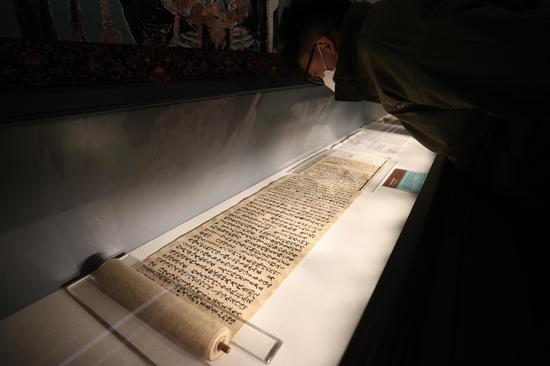

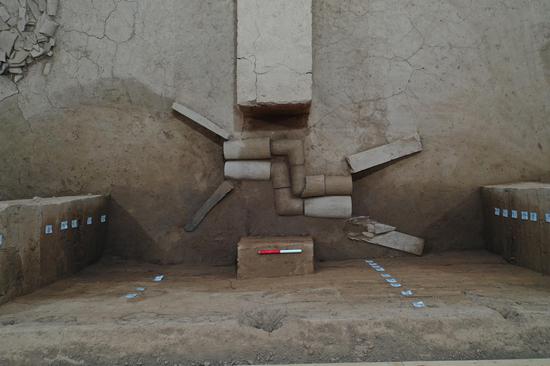
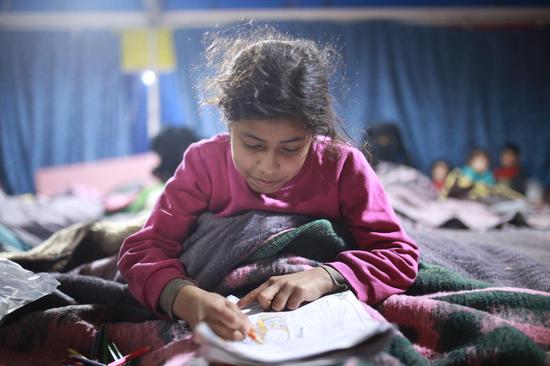
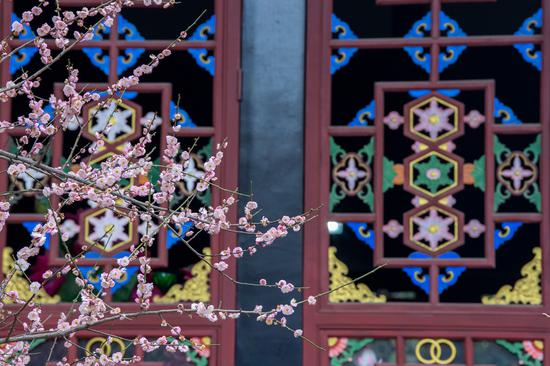

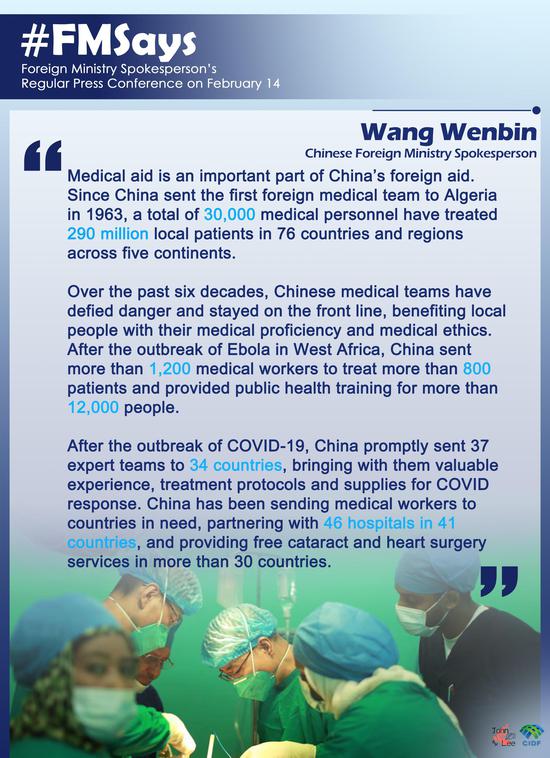
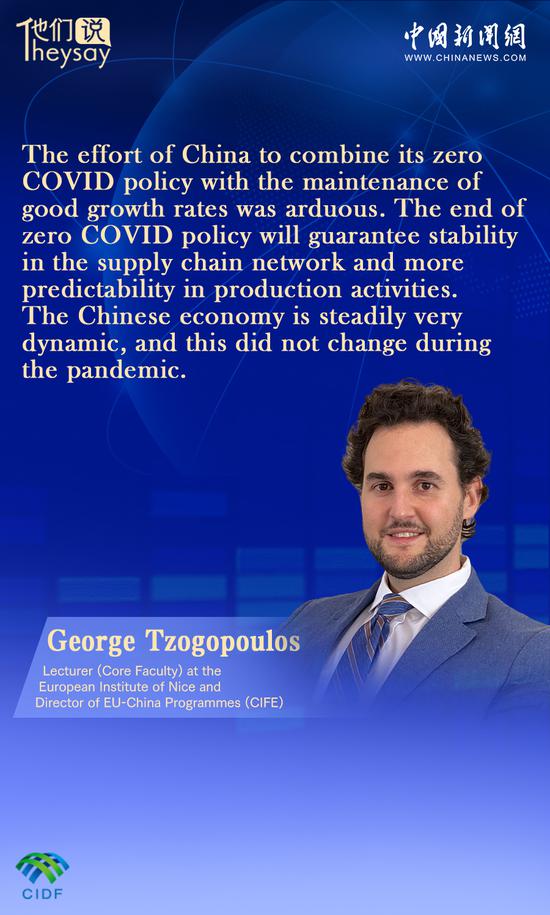
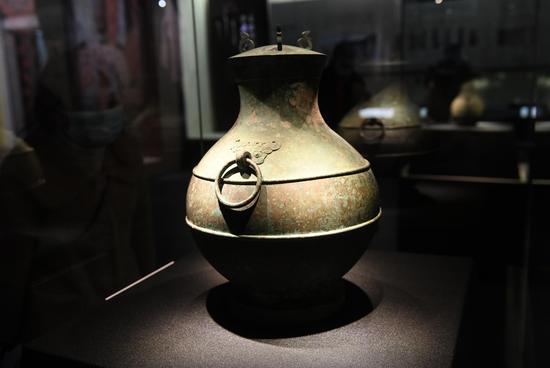


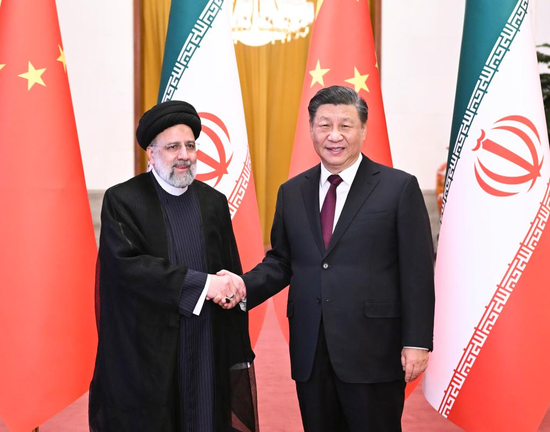



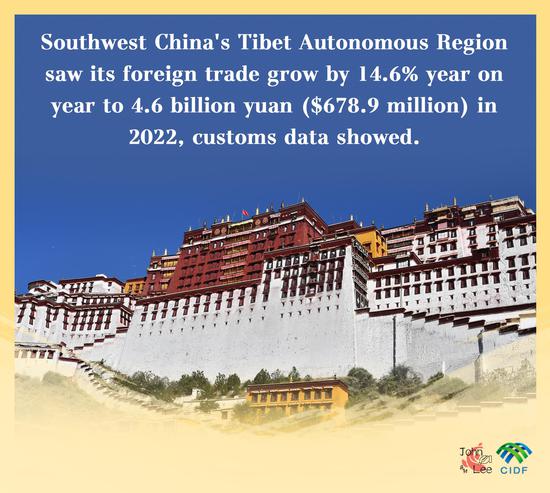


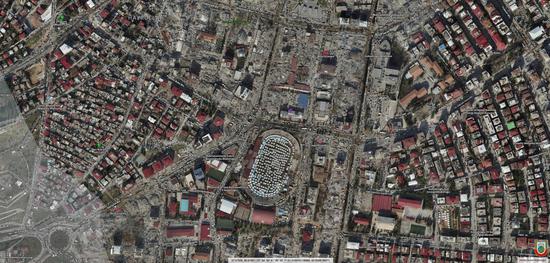
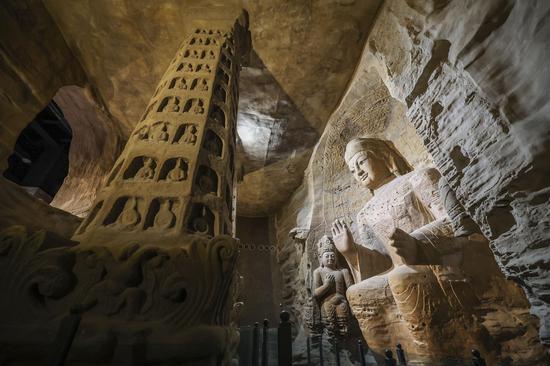
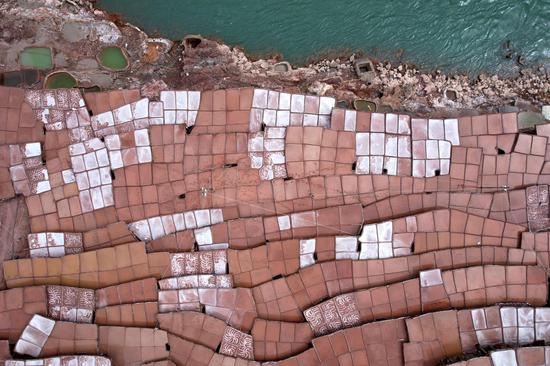


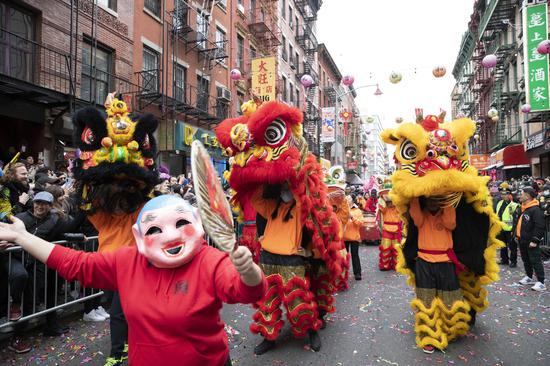
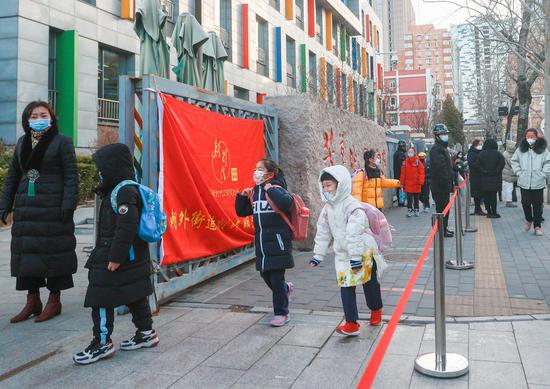



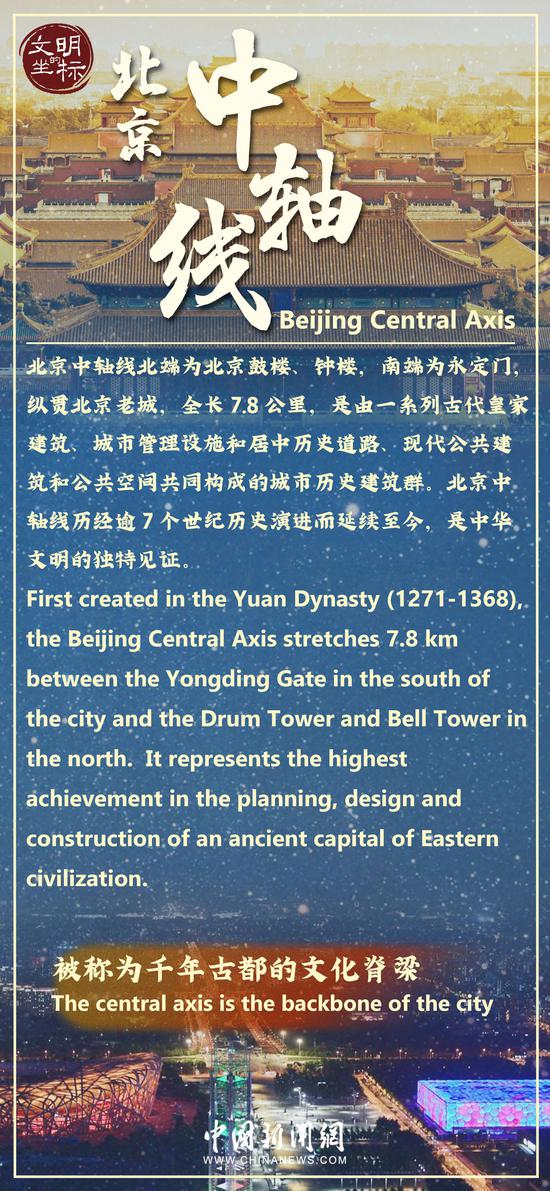

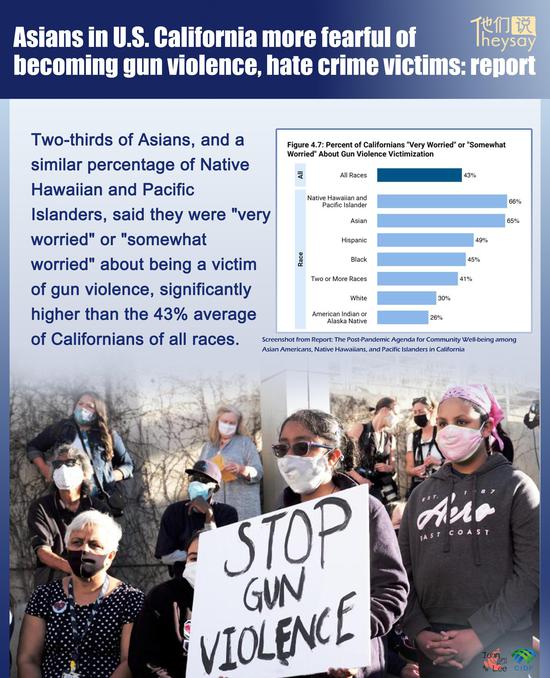









 京公网安备 11010202009201号
京公网安备 11010202009201号